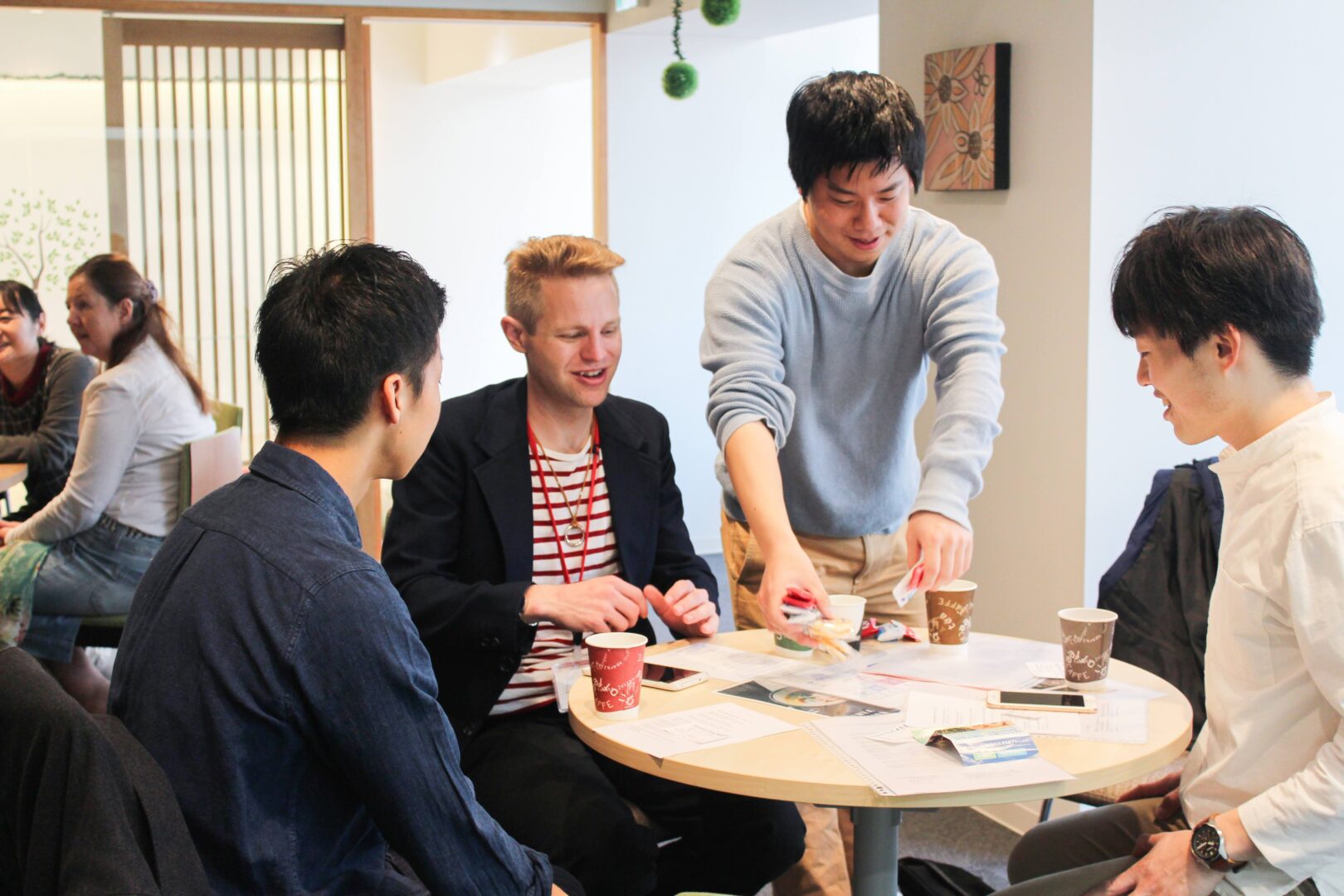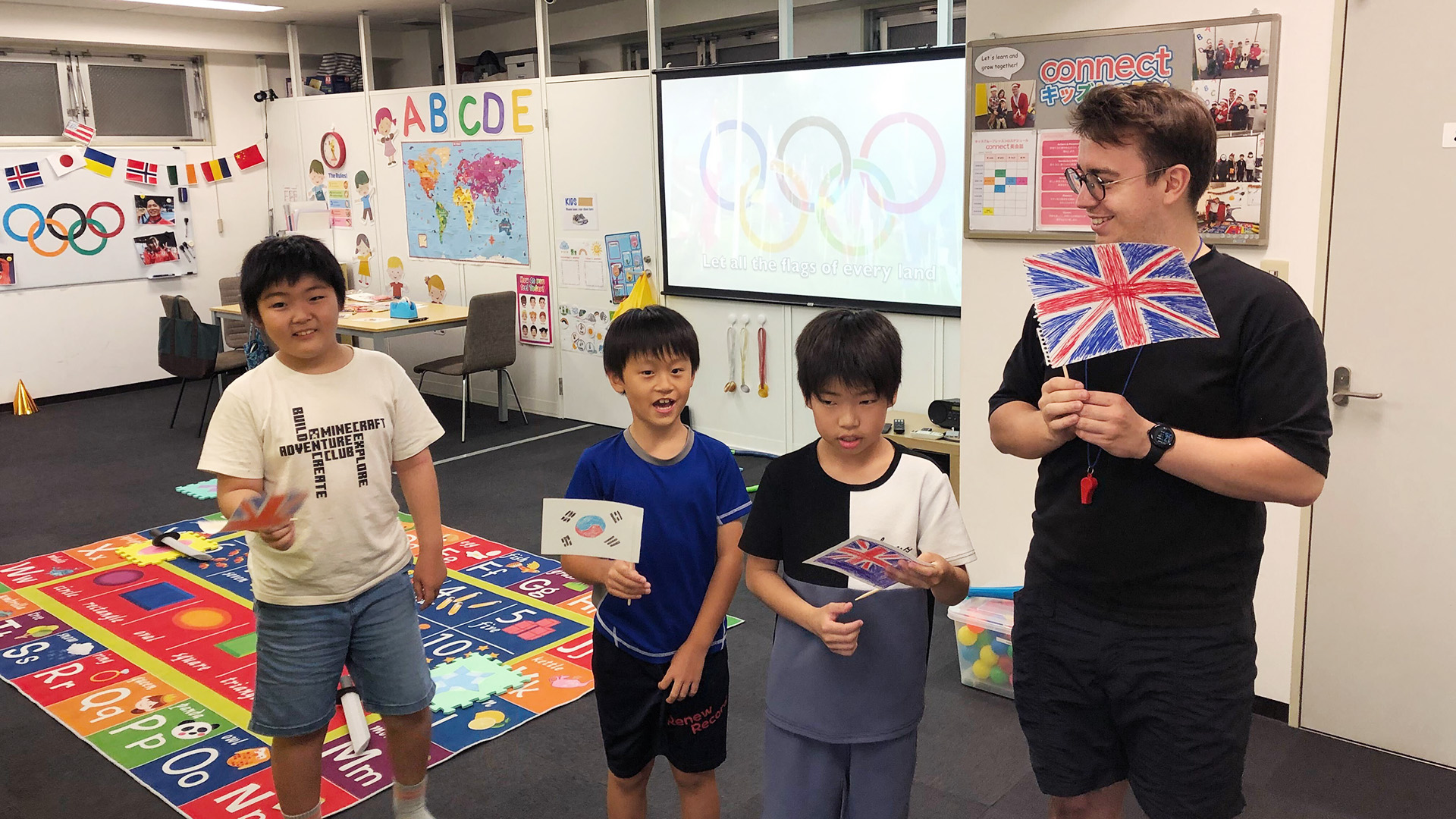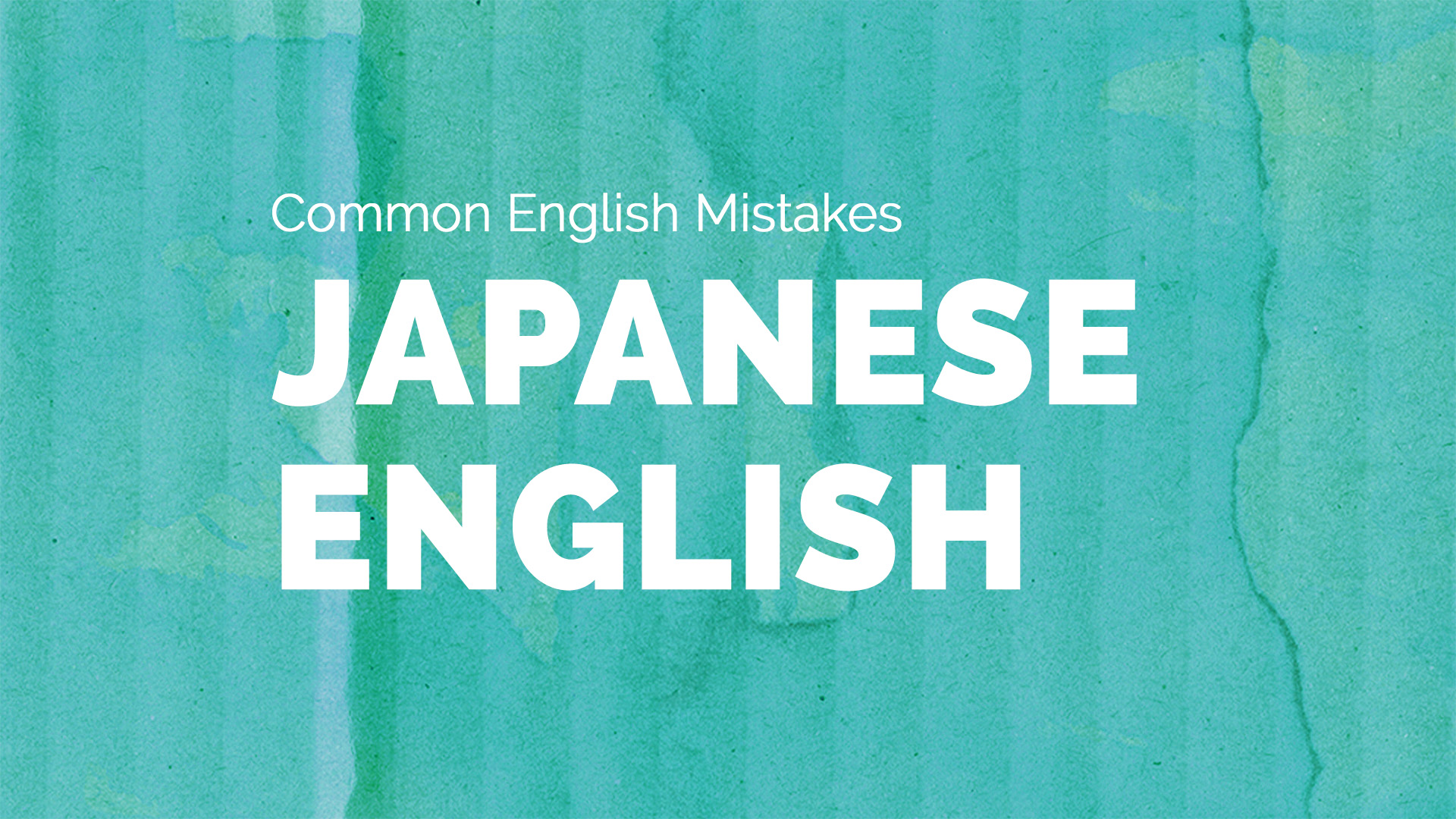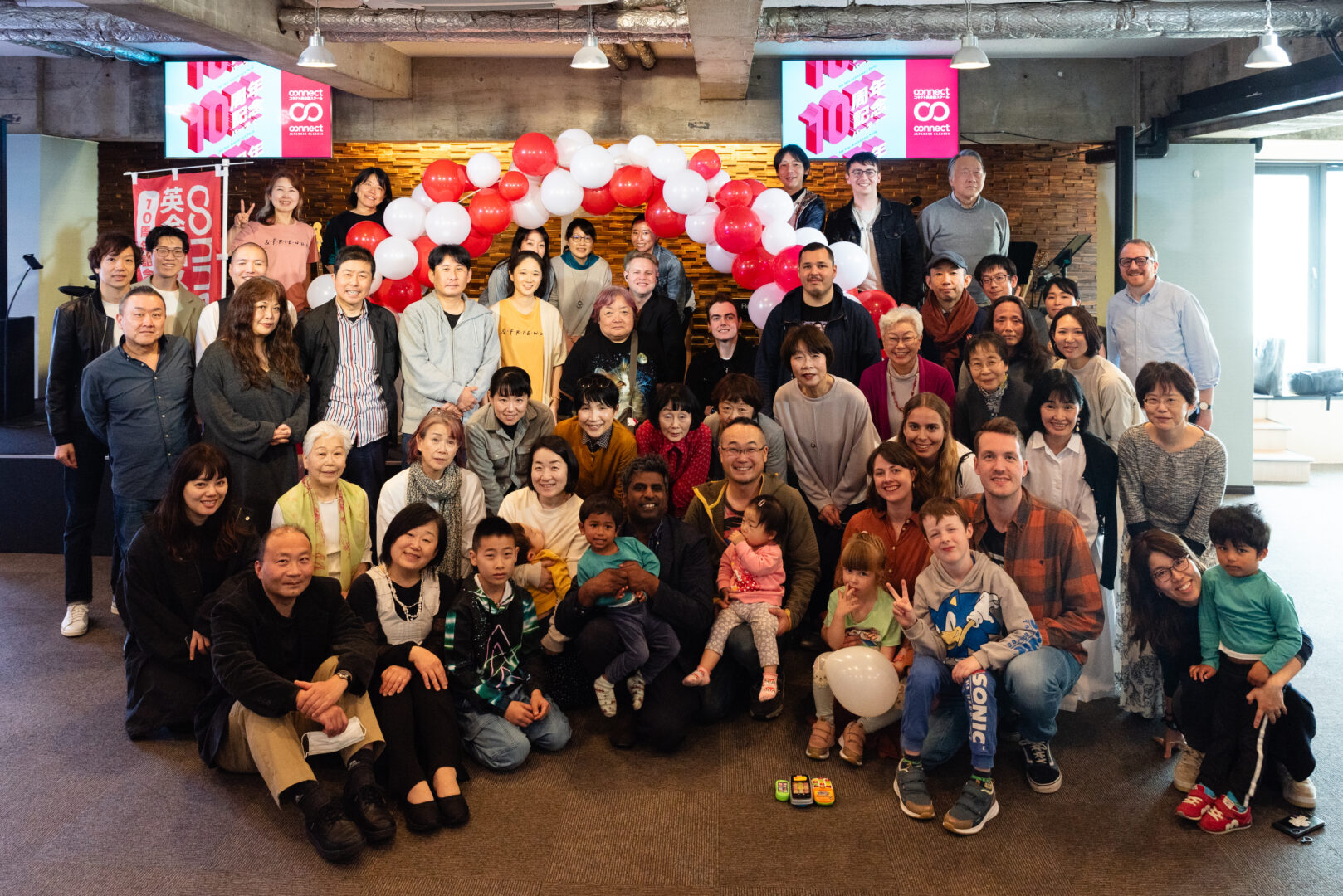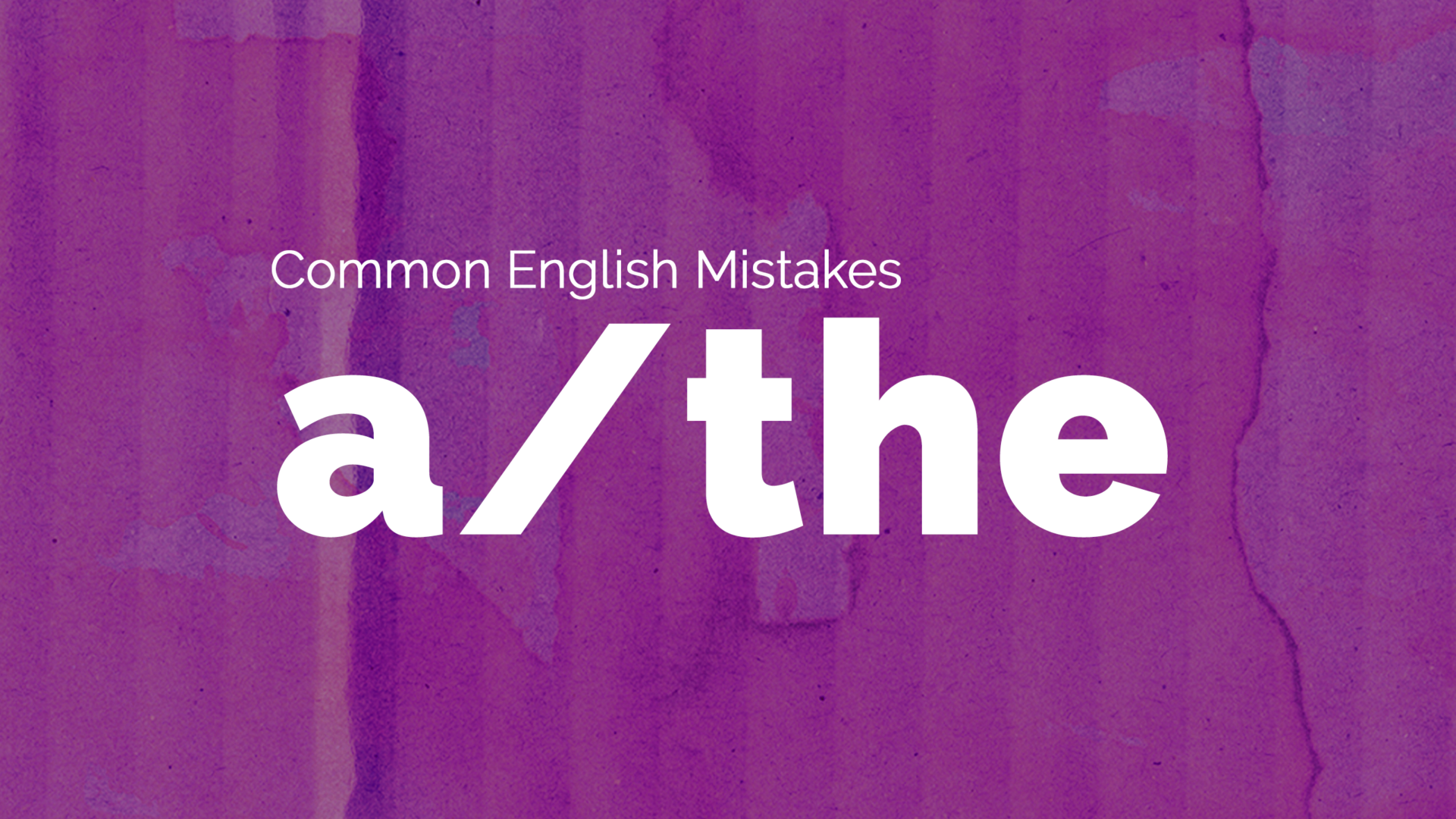先日、イギリスのコメディアンのマイケル・マッキンタイアがYouTubeにこんな動画をあげていました。多くの英単語に含まれる「無声文字」をみんなが発音しはじめたら英語はどう聞こえるか?というもので、これが実に面白い動画になっています。でも不思議に思ったことはありませんか?なぜ英語には無声文字が多いのでしょうか?
無声文字がある理由はいくつもありますが、今回はそのうち3つをご紹介したいと思います。
理由その1 : 外来語である
現在私たちが話している英語は、他の言語から多くの単語を借りています。新しい単語が英語に追加されたとき、そのスペルを英語で発音する方法がない場合でも、元のスペルのまま使われることがよくあります。そのため、例えばギリシャ語由来である psychology 、フランス語由来の rendezvous 、日本語由来である tsunami (ちなみに 英語で言う場合、通常「t」は無音)などがあります。
理由その2 : 発音が変化した
もともと発音されていたが「いまは」発音されていないパターンです。英単語の発音は何百年もかけて変化してきました。例えば、knifeやknowのような単語のサイレント’k’や、lightやnightの’gh’はかつて発音されてたのです。これらの文字の発音は時代とともにフェードアウトしていった一方で、スペルは変わらなかったというわけです。
このほかにも、makeのような単語に含まれるサイレント「e」や、calmのサイレント「l」のような文字が発音されなくなった例があります。これらの文字は現代英語では発音しませんが、それでもその前の母音の音に影響を与えます、kiteの” i “ と kit の “ i ”は同じ” i “ でも違う音で、calmの”a”とcatの”a” は同じ “a” でも違う音に発音するというわけです。
理由3 : 誰かがそこに入れた
もともとはサイレント・レターがなかった単語にサイレント・レターが追加されることもあります。debt(負債)という単語を例にとってみますと、中世英語(11世紀から15世紀にかけてイングランドで使われていました)では、debtはdetteと綴られ、これはフランス語のdeteから来ています。このフランス語の語源はラテン語のdebitumで、15世紀のある時点で、良識ある学者がそのラテン語の語源を強調するために、発音はしないが「b」をつけることにしました。このように変更された他の単語には、receipt、school、anchorなどがあります。
英語にはなぜ無声文字があるのか、その理由を3つご紹介しました。面白いですよね。よし!これで覚えにくいスペルも一発で覚えられる・・・となるといいんですが、そうもいかないのが英語学習の難しいところ。ンー、残念!
Silent Letters – Why Do They Exist?
I found this video on YouTube the other day from British comedian, Michael McIntyre. It’s about how English would sound if everyone started pronouncing the silent letters found in many English words. It’s quite funny, but have you ever wondered why there are so many silent letters in English?
There are several reasons why we have silent letters; in this blog post we’ll just look at three of them:
1: Foreign words.
The English language that we speak today borrows many words from other languages. When new words were added to the English language, they often kept their original spelling, even when there was no way to pronounce that spelling in English. So, we have words like psychology (which comes from Greek), rendezvous (from French), and tsunami (from Japanese – when said in English, the ‘t’ is usually silent).
2: Pronunciation change
Many words in the English language have silent letters that were originally pronounced. However, the pronunciation of these words has changed over many hundreds of years. For example, the silent ‘k’ in words like knife and know, or the ‘gh’ in light and night used to be pronounced. As the pronunciation of these letters faded out over time, the spelling stayed the same.
This pronunciation change also includes letters like the silent ‘e’, found in words like make, or the silent ‘l’ in calm. Although we do not pronounce these letters in modern English, they still influence the sound of the vowels before them, so kite sounds different to kit, and calm sounds different to cat.
3: Someone put them in there
Sometimes, silent letters were added to words that didn’t use to have them. Let’s take the word debt as an example. In Middle English (used in England between the 11th and 15th Centuries), debt was spelt dette, which came from the French dete. That French word comes from the Latin debitum, and at some point in the 15th Century, some well-meaning scholar decided that in order to emphasise its Latin origins, he would add a ‘b’, even though it would not be pronounced. Other words that were changed in this way include receipt, school, and anchor.
Hopefully, now you understand a little more about why we have silent letters in English. Unfortunately, even if it is quite interesting, knowing why we have silent letters doesn’t necessarily make learning how to spell any easier!
Sources: Merriam Webster, Reader’s Digest



